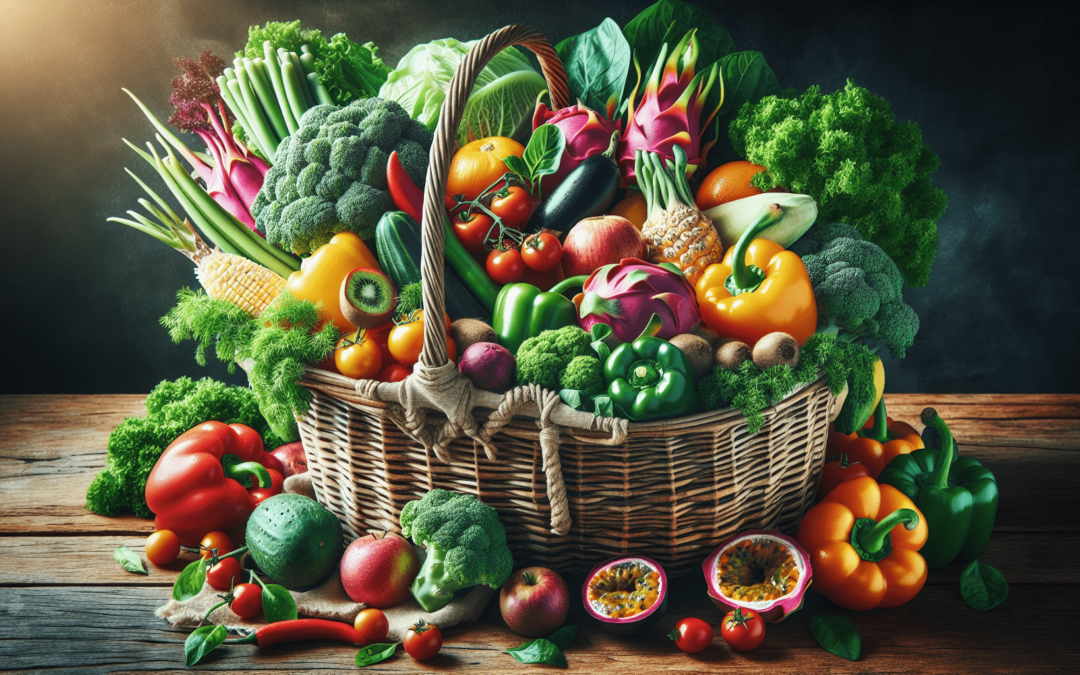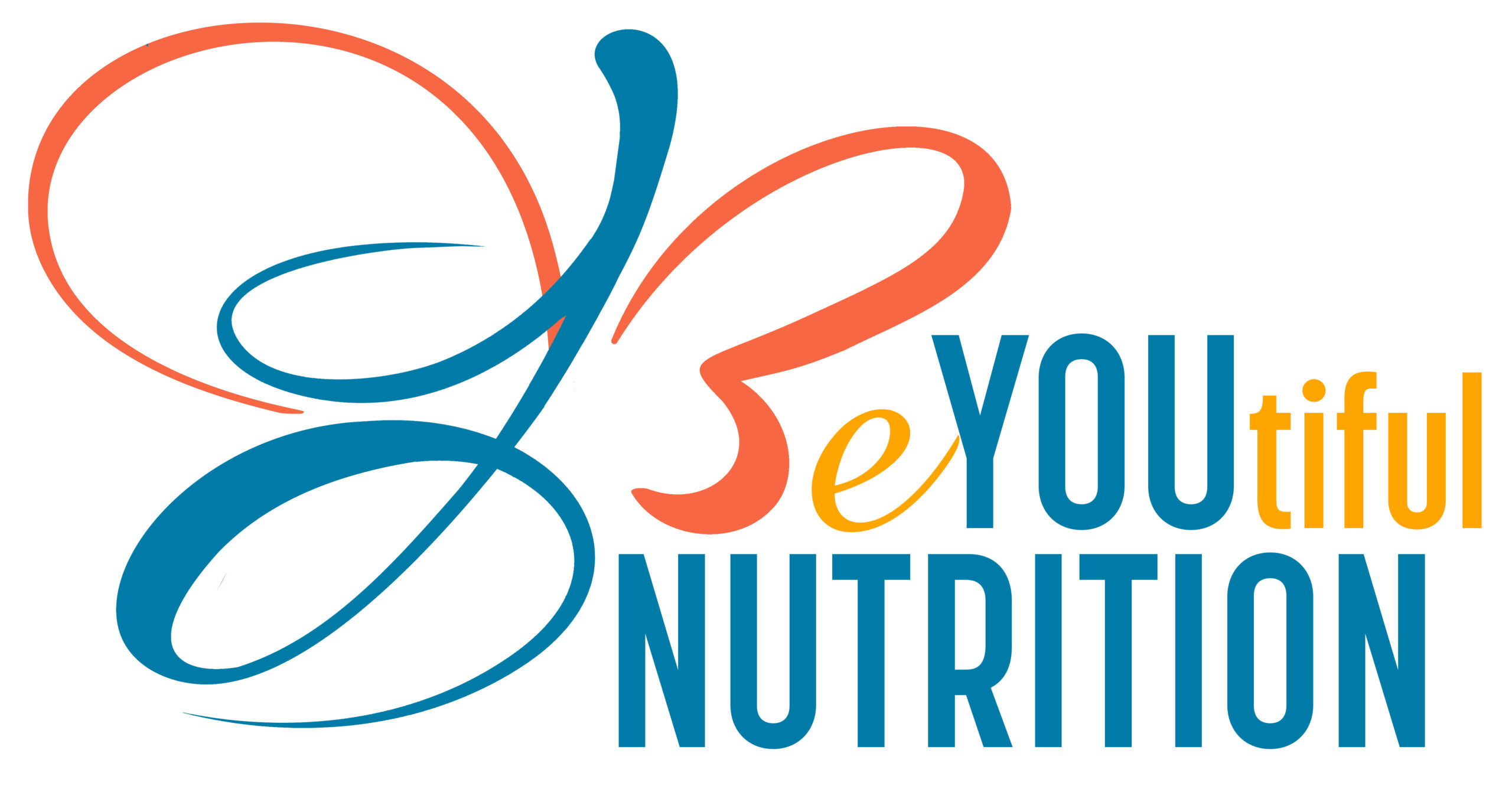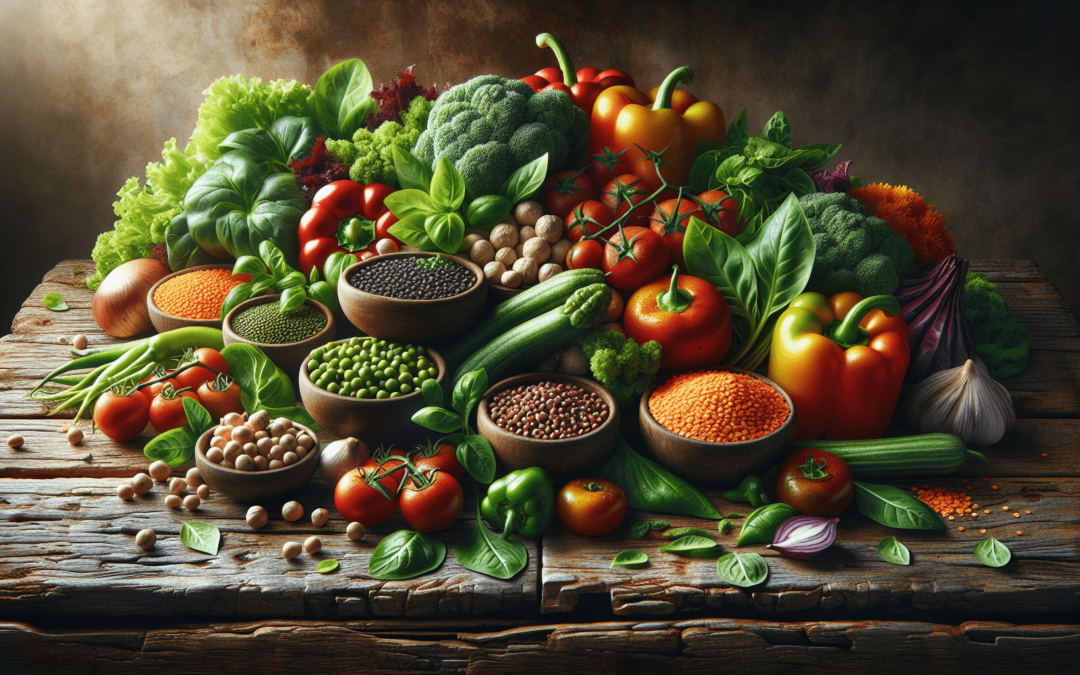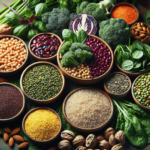
How To Transition To A Plant-Based Lifestyle: Tips For Beginners
Have you ever considered how a plant-based lifestyle might transform not just your diet, but your overall well-being? It’s a journey that many embark upon for a variety of reasons, whether to enhance health, reduce environmental impact, or simply to explore new culinary horizons. Making the transition can feel daunting at first, but with the right approach and support, it can be both enjoyable and rewarding.
Understanding Plant-Based Living
Transitioning to a plant-based lifestyle doesn’t mean you have to abandon everything you’ve ever loved about food. Rather, it’s about embracing a broader array of flavors, textures, and nutrients that plants provide. At its core, a plant-based diet focuses on whole foods derived from plants, including fruits, vegetables, whole grains, nuts, seeds, and legumes. This doesn’t mean you have to eliminate animal products completely right away, but the goal is to minimize them significantly.
What’s the Difference Between Plant-Based and Vegan?
While some people use the terms “plant-based” and “vegan” interchangeably, they don’t mean the same thing. A vegan lifestyle excludes all animal products, not just in diet but also in lifestyle choices like clothing and cosmetics. On the other hand, a plant-based diet primarily emphasizes whole plant foods while you might still occasionally indulge in animal-based products. Understanding this distinction can make the transition feel less rigid and more comfortable.
Setting Your Intentions
Setting clear intentions is a crucial step when starting your plant-based journey. Ask yourself why you want to make this change. Is it for health reasons, ethical considerations, environmental impact, or simply out of curiosity? Knowing your “why” will help you stay motivated when you face challenges.
Short-Term vs. Long-Term Goals
Your journey can start small. Rather than committing to an entirely plant-based lifestyle overnight, consider short-term goals like “Meatless Monday” or trying new vegetarian recipes each week. This approach will help you ease into a new way of eating without feeling overwhelmed.
| Short-Term Goals | Long-Term Goals |
|---|---|
| Try one new plant-based recipe each week | Commit to a fully plant-based diet within six months |
| Replace all snacks with plant-based options for a month | Learn about nutrition and meal planning for sustainability |
| Join a community or forum for support | Develop new cooking skills through classes or workshops |

Gradual Changes in Your Diet
One of the most effective strategies for transitioning is to gradually modify your diet. By replacing animal-based meals and snacks with plant-based options, you allow your palate to adjust more easily.
Start with Familiar Foods
Take your favorite meals and swap out non-plant-based ingredients for plant-based ones. For example, if you love spaghetti, try using lentil or chickpea pasta. Substitute ground meat with lentils, or create a rich sauce from tomato, garlic, and fresh herbs.
Incorporate More Fruits and Vegetables
Aim to fill half your plate with fruits and vegetables during meals. Try experimenting with various cooking methods, from steaming to roasting, to discover what enhances their flavors most for you. Don’t shy away from frozen fruits and vegetables—they are just as nutritious and often more convenient.
Finding Good Sources of Information
In the vast landscape of nutrition advice, it’s essential to seek credible information. Lila Cornelio, a Registered Dietitian Nutritionist, emphasizes evidence-based practices that can guide you along your journey.
Seek Out Expert Guidance
Consulting with a Registered Dietitian can provide you with tailored advice based on your individual health needs and goals. With over 10 years of experience, Lila specializes in areas such as diabetes management, adult weight management, and plant-based nutrition, offering personalized coaching and workshops designed to build your confidence in making healthier choices.
Utilize Reliable Resources
Turn to reputable resources for plant-based cooking and nutrition. Books, documentaries, and online courses can introduce you to new concepts and perspectives. Lila’s workshops often include valuable insights into cooking skills and the nutritional benefits of plant-based eating, providing a fun and engaging environment for learning.

Meal Planning Makes a Difference
When starting a new diet, meal planning can be a game-changer. It takes away the guesswork and clutter, allowing you to navigate through your week with confidence.
Create a Weekly Menu
Dedicate some time each week to plan out your meals. Include a mix of easy-to-make recipes, staples like grains and beans, and fresh ingredients that excite you. Planning not only saves time but also helps you avoid last-minute unhealthy choices.
| Day | Breakfast | Lunch | Dinner | Snacks |
|---|---|---|---|---|
| Monday | Smoothie Bowl | Quinoa Salad | Vegetable Stir-Fry | Hummus and Carrots |
| Tuesday | Avocado Toast | Lentil Soup | Black Bean Tacos | Fruit and Nuts |
| Wednesday | Chia Pudding | Chickpea Salad | Stuffed Peppers | Trail Mix |
| Thursday | Oatmeal with Fruits | Vegan Wraps | Cauliflower Curry | Dark Chocolate |
| Friday | Smoothie | Pasta Primavera | Vegan Pizza | Popcorn |
Make Use of Leftovers
Cook in larger quantities so you can enjoy leftovers on busier days. Soups, stews, and casseroles often taste even better after the flavors meld together overnight. Keep your meals flexible to accommodate changes in your schedule.
Stocking Your Pantry
A well-stocked pantry can make or break your plant-based cooking experience. Being prepared means no last-minute runs to the store and having plenty of options at your fingertips.
Essential Staples to Consider
Consider adding the following items to your pantry:
- Whole Grains: Brown rice, quinoa, oats, and whole grain pasta.
- Legumes: Lentils, chickpeas, black beans, and kidney beans.
- Nuts and Seeds: Almonds, walnuts, chia seeds, and flaxseeds for snacking and adding to recipes.
- Plant-Based Milks: Almond, soy, oat, or coconut milk to enjoy in smoothies or cooking.
- Spices and Herbs: Fresh or dried herbs will elevate your dishes. Stock up on basics like garlic powder, cumin, and turmeric.
Fresh Produce
Fresh fruits and veggies are also essential. If you find yourself unsure what to buy each week, stick to seasonal produce to minimize costs and maximize flavor.

Cooking Techniques to Master
As you transition, learning basic cooking techniques will empower you in the kitchen. Mastering these will help you create an array of wholesome dishes that will inspire you to repeat the process.
Try New Methods
Here are some cooking methods to explore:
- Roasting: Enhances the sweetness of vegetables. Toss them with a little olive oil and roast until golden.
- Stir-frying: Quick and keeps nutrients intact. Perfect for a busy weeknight dinner.
- Blending: Use to make smoothies, soups, or sauces. A high-speed blender can be particularly useful here.
Invest in Some Kitchen Tools
Basic kitchen tools can elevate your cooking experience. Consider investing in:
- A good quality knife for easy chopping.
- A cutting board specifically for plant-based ingredients.
- A blender or food processor for smoothies and purees.
- Non-stick cookware for easy cleanup after sautéing veggies.
Experiencing the Social Aspect
Transitioning doesn’t have to be isolating. There’s a whole community out there that shares your interest! Engaging with others can be one of the most rewarding parts of your new lifestyle.
Connect with Others
Consider joining local plant-based groups or online forums. These platforms can provide support, motivation, and recipe inspiration. Learning from others who have gone through the transition themselves can help you sidestep potential pitfalls.
Attend Workshops and Events
Keep an eye out for cooking demonstrations, workshops, and potlucks in your community. These events not only teach you cooking skills but also allow you to meet like-minded individuals. Look for events hosted by local nutritionists like Lila, who regularly offers workshops in places like Pensacola.

Tuning In to Your Body
As you adapt to your new way of eating, pay attention to how your body responds. A plant-based lifestyle may unleash a series of positive changes, from increased energy to improved digestion.
Track Your Feelings
Keep a journal that reflects not only what you eat but how you feel afterward. Are you feeling more energetic? Are there certain foods that don’t sit well with you? This practice will help you become attuned to your body’s needs, sparking a deeper connection with your eating habits.
Focus on Mindfulness
Try to eat mindfully. This means engaging all your senses—savor the taste, textures, and aroma of each meal. Eating slowly can lead to greater satisfaction and help you recognize when you’re full.
Overcoming Challenges
The transition to a plant-based lifestyle may not always be smooth sailing. There may be hurdles to overcome, but rest assured that this is part of the process.
Addressing Common Obstacles
-
Cravings: During the transition, it’s common to crave animal-based products. Allow yourself to find healthier alternatives—like cashew cheese instead of dairy cheese—to ease the cravings without bowling over your commitment.
-
Time Constraints: If you’re a busy professional, you may feel like you don’t have enough time to cook. Batch cooking on weekends or using quick-cooking recipes can ease this burden.

Sustaining Long-Term Lifestyle Changes
As you settle into your new habits, the goal is to maintain them over the long term. Making this transition isn’t just about what you eat but also how you approach your overall health and lifestyle.
Continuous Learning
The world of nutrition is always evolving. Stay updated by reading books or articles and attending workshops. Being equipped with the latest knowledge can bolster your commitment and open your mind to new ideas.
Celebrate Your Progress
Take time to celebrate your achievements along the way—no matter how small. Whether it’s mastering a new recipe or simply feeling healthier and more energetic, acknowledging your progress reinforces your dedication.
Enjoying the Journey
Adopting a plant-based lifestyle can be a liberating journey filled with creativity, flavor, and health benefits. One step at a time, you’re reshaping your relationship with food while discovering new tastes and developing essential cooking skills. If you find yourself needing guidance, support from professionals like Lila Cornelio can be invaluable as you embark on this rewarding adventure.
Whether you’re eager to reduce your carbon footprint, manage health issues, or simply explore a vibrant new way of eating, remember that each day’s choices are opportunities for nourishing your body and celebrating the bounty of nature. With the right mindset and resources, this transition can be not just a dietary change but a full-blown lifestyle transformation. Embrace the journey; you’re in for an enriching experience.












